
TIDESS: Touch Interaction For Data Engagement With Science on Spheres
The purpose of the TIDESS project is to investigate ways that children and adults engage with and learn from large-scale interactive displays (touch table and touch spherical display) in a science museum context. We are working on the project with Kathryn Stofer at UF.
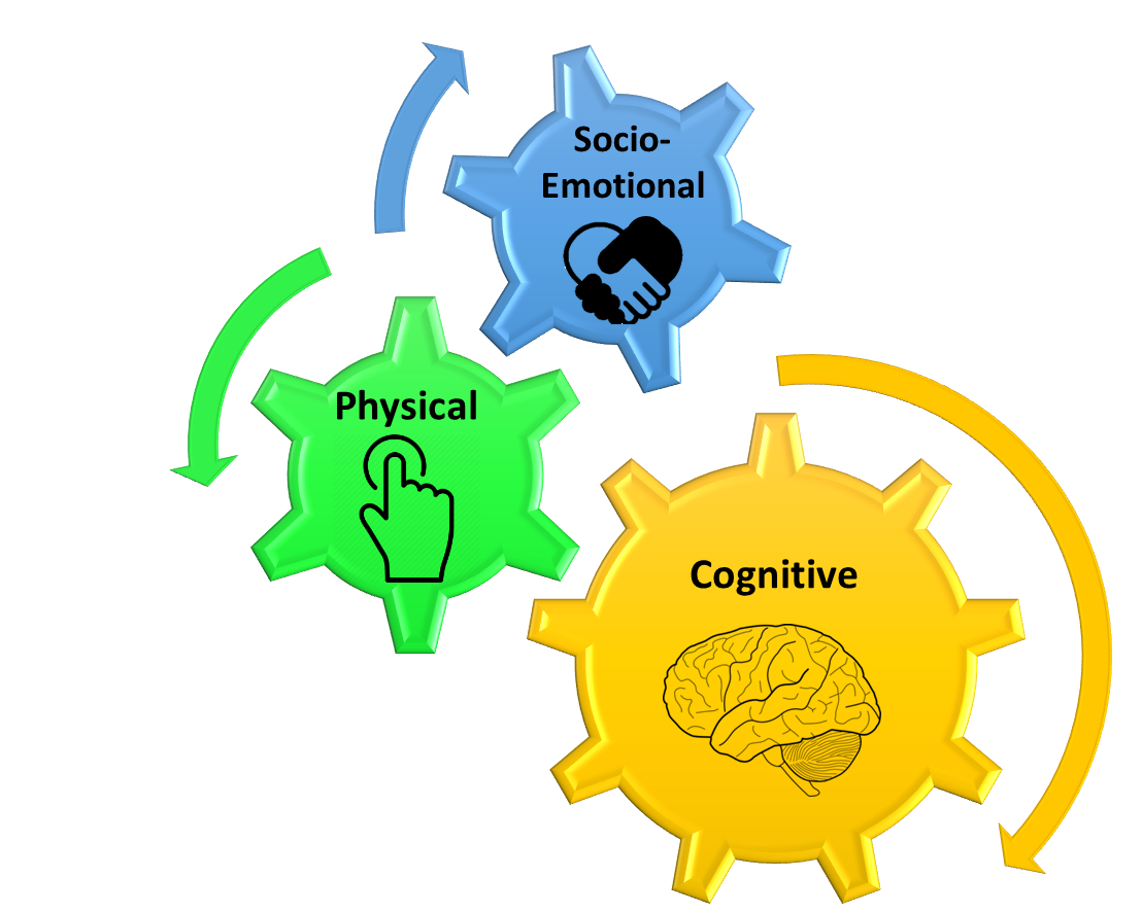
TIDRC: Touch Interaction Design Recommendations for Children
The purpose of the TIDRC project is to characterize the nature of the gap between research and practice for touchscreen interface design for children. We are working on the project with Pamela Wisniewski at University of Central Florida (UCF) .
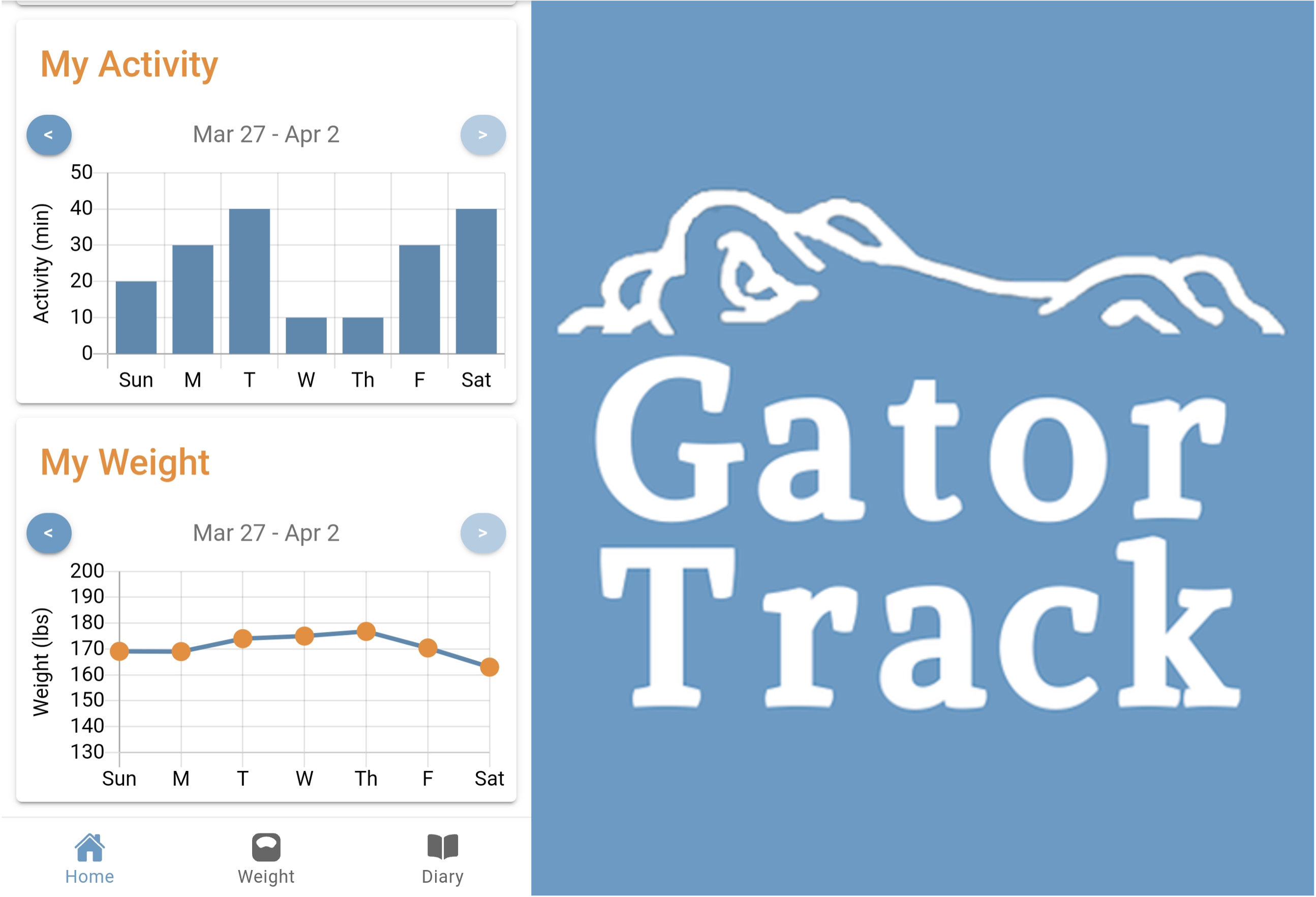
MyTrack+: Creating Natural Interactions for Apps to Support Long-Term Weight Loss Maintenance
We are supporting an NIH-clinical trial with PI Dr. Kathryn Ross on mobile health interventions for long-term weight loss maintenance, and looking forward to exploring HCI research questions about designing the interface and interactions to be the most effective and engaging in this context.
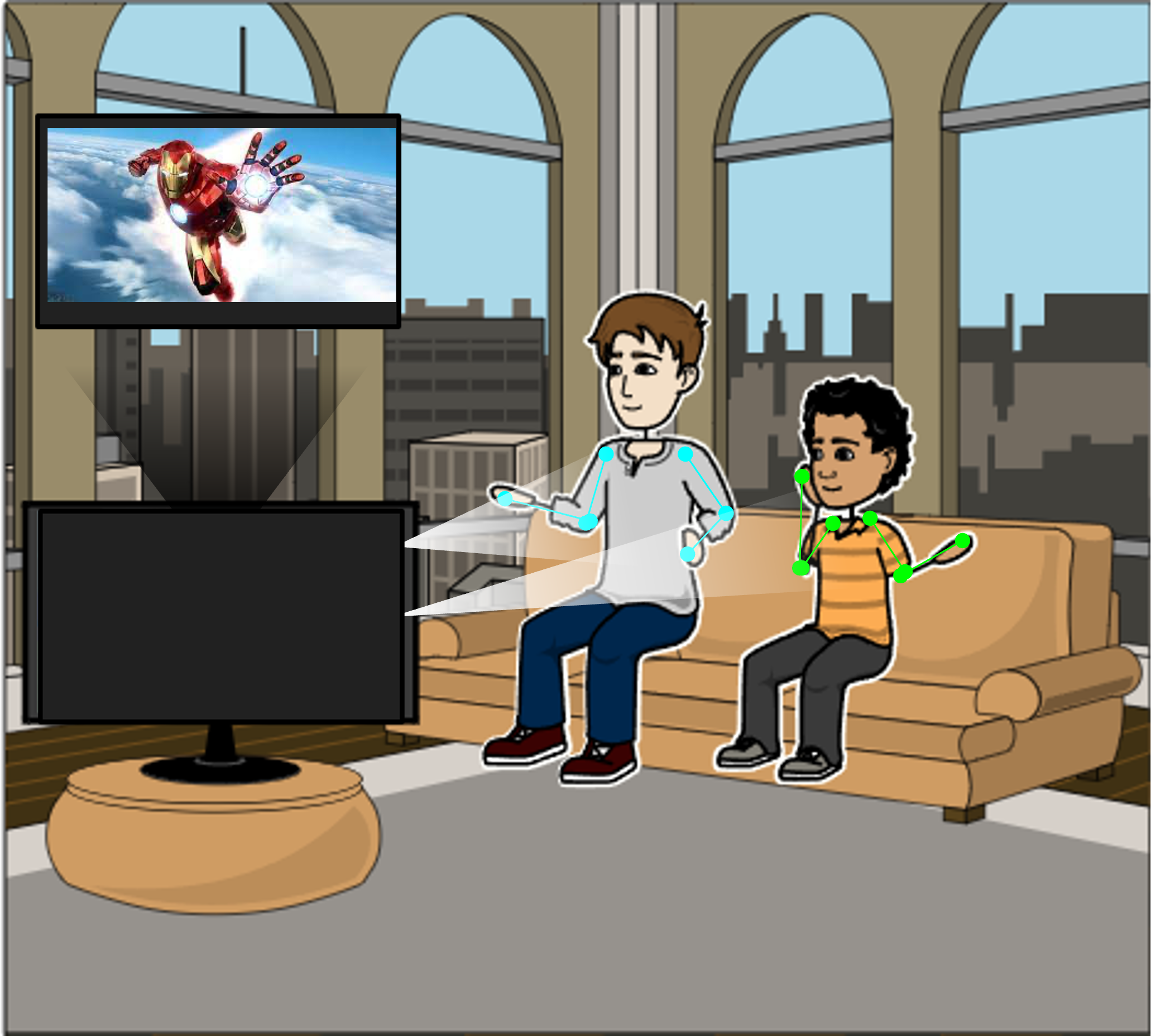
Biometrics / SATC: Natural Multimodal Authentication for Smart Environments for all Ages
This project is aiming to understand user preferences, attitudes, expectations, and needs with respect to natural multimodal authentication in the future of smart environments. Our long-term goal is to design trustworthy and convenient interactions in these contexts that work seamlessly and intuitively to the users.
These projects are currently closed:
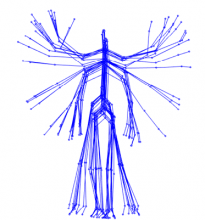
Kids Pose: Comparing Whole-Body Movements of Children and Adults
We are looking to discover and characterize differences in how children and adults make natural and prompted body movements when using whole-body interaction systems such as the Microsoft Kinect. We are working on the project with Eakta Jain at UF.
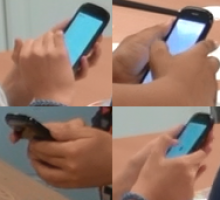
MTAGIC: Mobile Touch and Gesture Interaction for Children
MTAGIC is a NSF-funded project where we are investigating differences in how children use touch and gesture interactions compared to adults, especially on mobile devices. We plan to explore adapting interfaces to work better with children in the real world and are working on the project with Quincy Brown at Bowie State University.
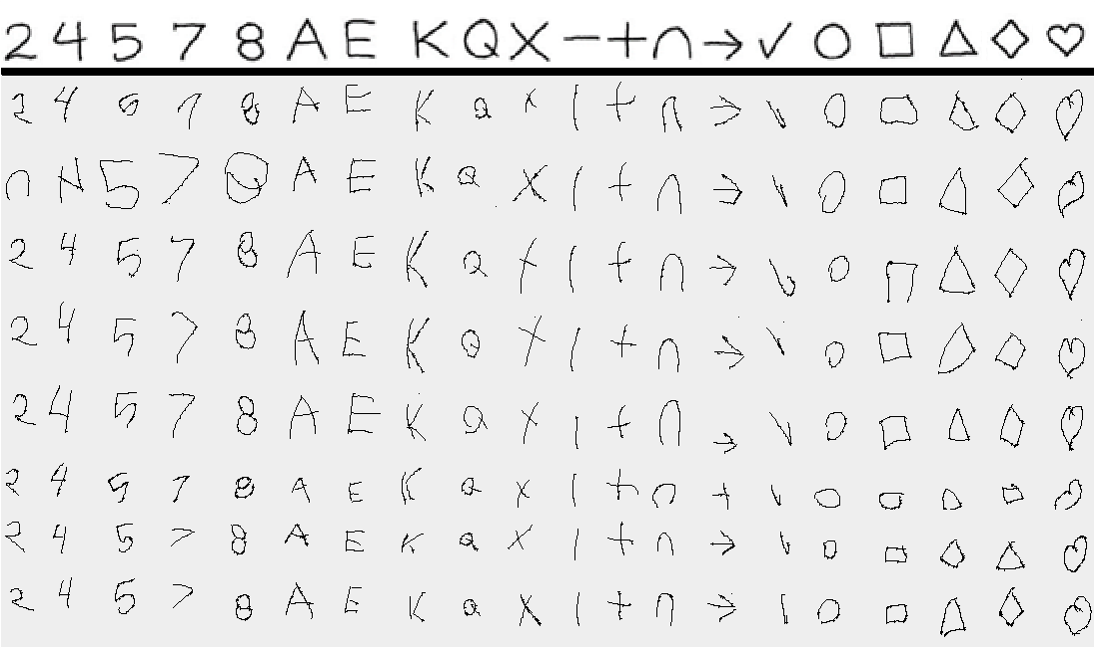
GECKO / GREAT / GHOST: Understanding Touchscreen Stroke Gestures of Children and Adults
We are studying patterns in how diverse users actually make gestures on touchscreen devices, and are developing tools and techniques to reveal these patterns. We have collaborated with multiple people on this line of inquiry: Jacob Wobbrock, Radu-Daniel Vatavu, Leah Findlater, and Quincy Brown.
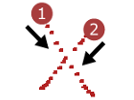
$-Family: Touchscreen Stroke Gesture Recognition Algorithms ($N, $P, $Q)
We are developing a suite of simple, fast, accurate gesture recognition algorithms called the “$-family”. Our goal is to make accurate, robust recognition accessible without requiring special expertise. In addition, these human-centered algorithms are designed and inspired by what we know about how people actually articulate gestures. Try $N! Try $P! Try $Q! We are working with Jacob Wobbrock at UW and Radu-Daniel Vatavu at USV.
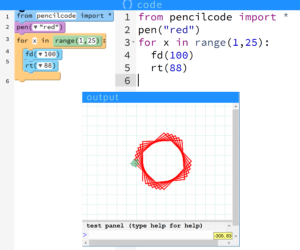
Bridging Languages: Helping CS Learners Transition from Blocks to Text-based Programming
We are currently studying how people can effectively learn programming languages by analyzing the languages themselves in an attempt to identify, test, and mitigate built-assumptions that may limit or hinder the learning process at early ages.
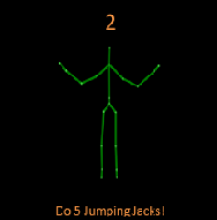
Fun Fit Tech: Designing Natural Exergames for All Ages
This project is investigating exergames (“exercise games”) for users of all ages on the Microsoft Kinect platform. We have worked both with local seniors and children to consider their attitudes towards staying active, technology, and games in the design and development of our exergames, designed just for them.
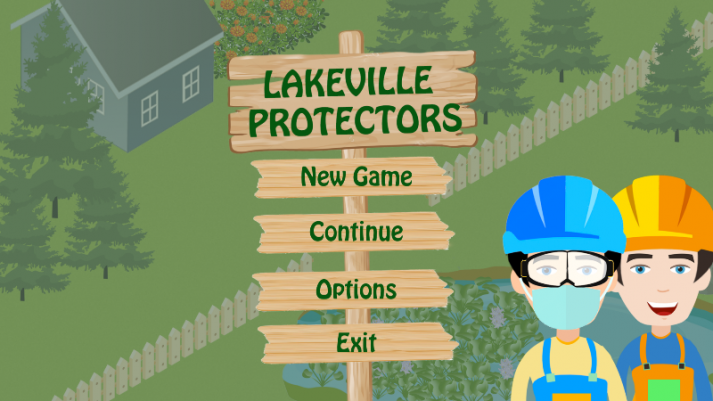
Digital Lakeville: An Educational Game to Improve Children’s Awareness of Invasive Species
The aim of this project is to teach children about invasive species and the effect of these species on the environment. To accomplish this aim, the University of Florida Center for Aquatic and Invasive Plants (UF IFAS) developed a board game titled Lakeville.